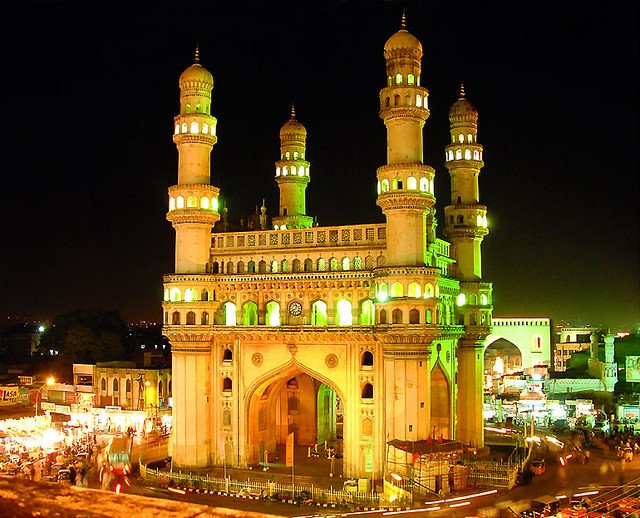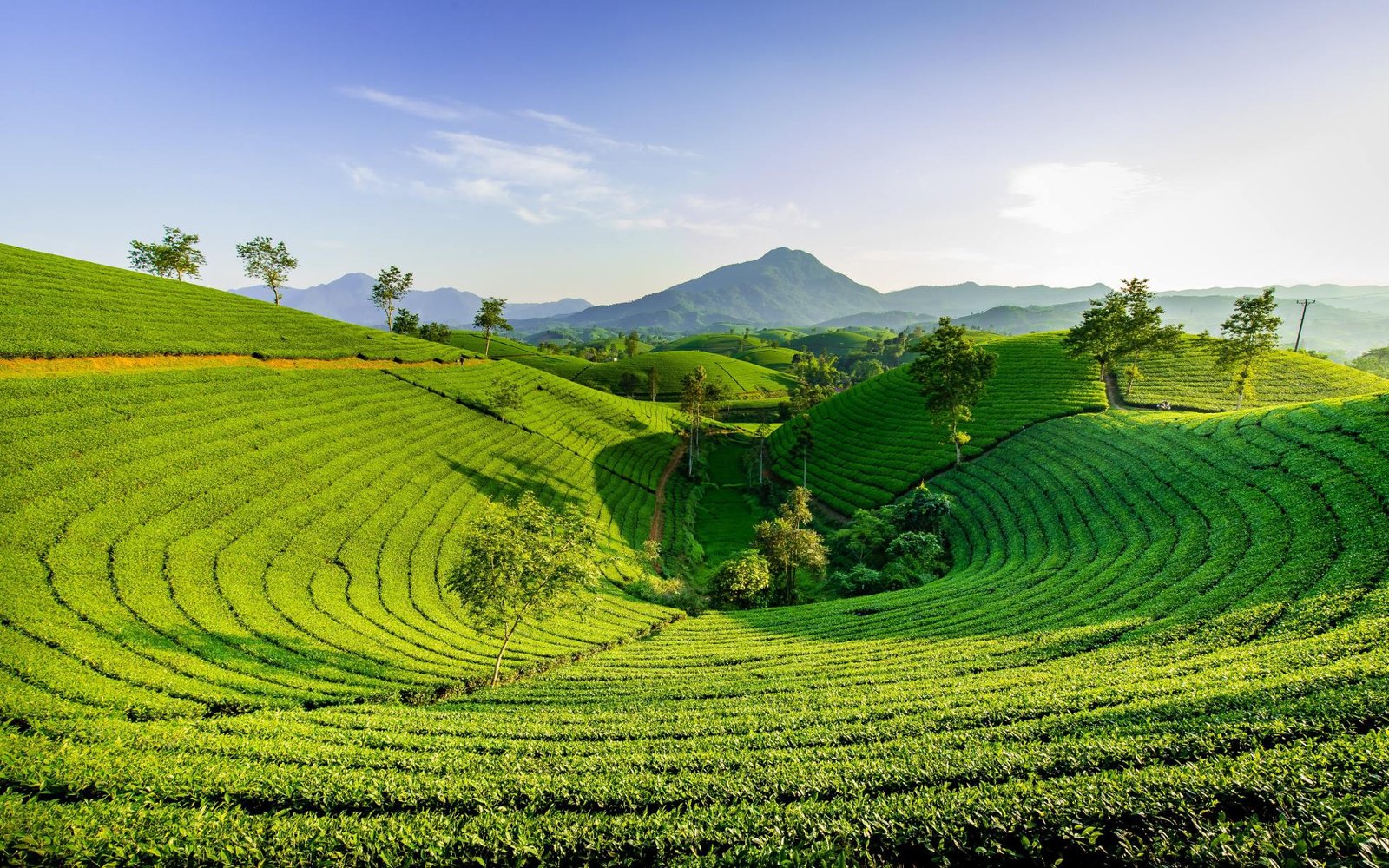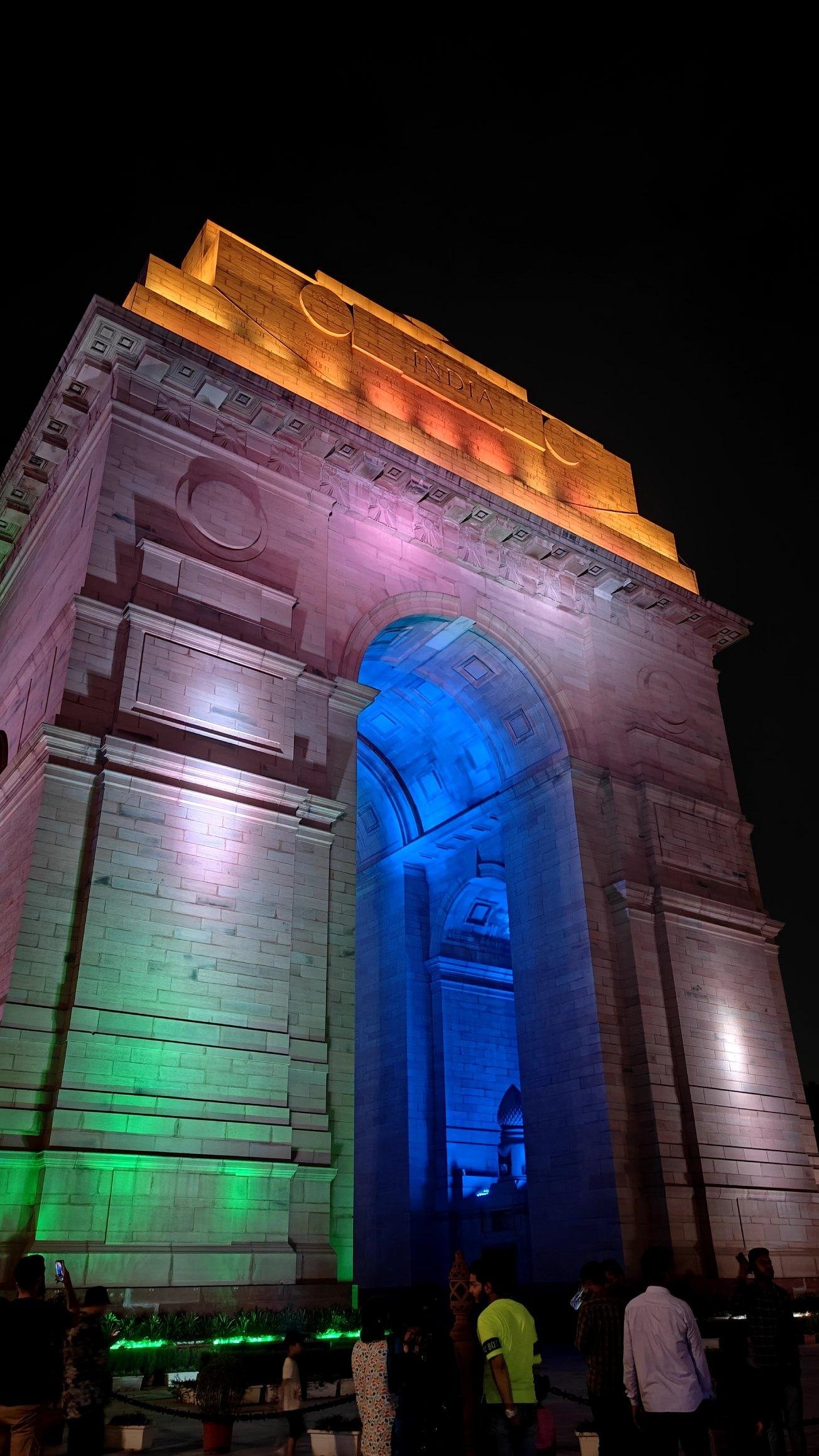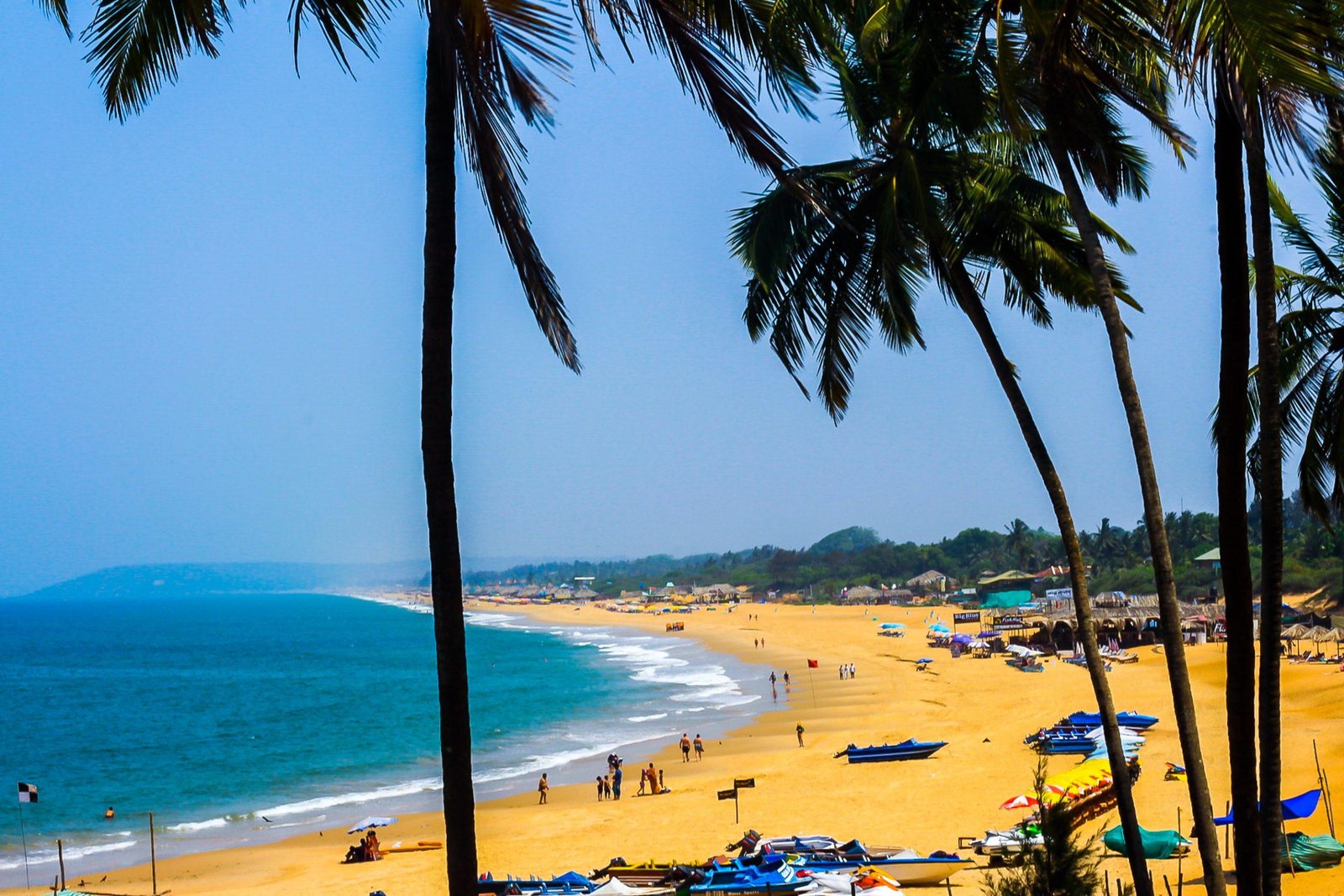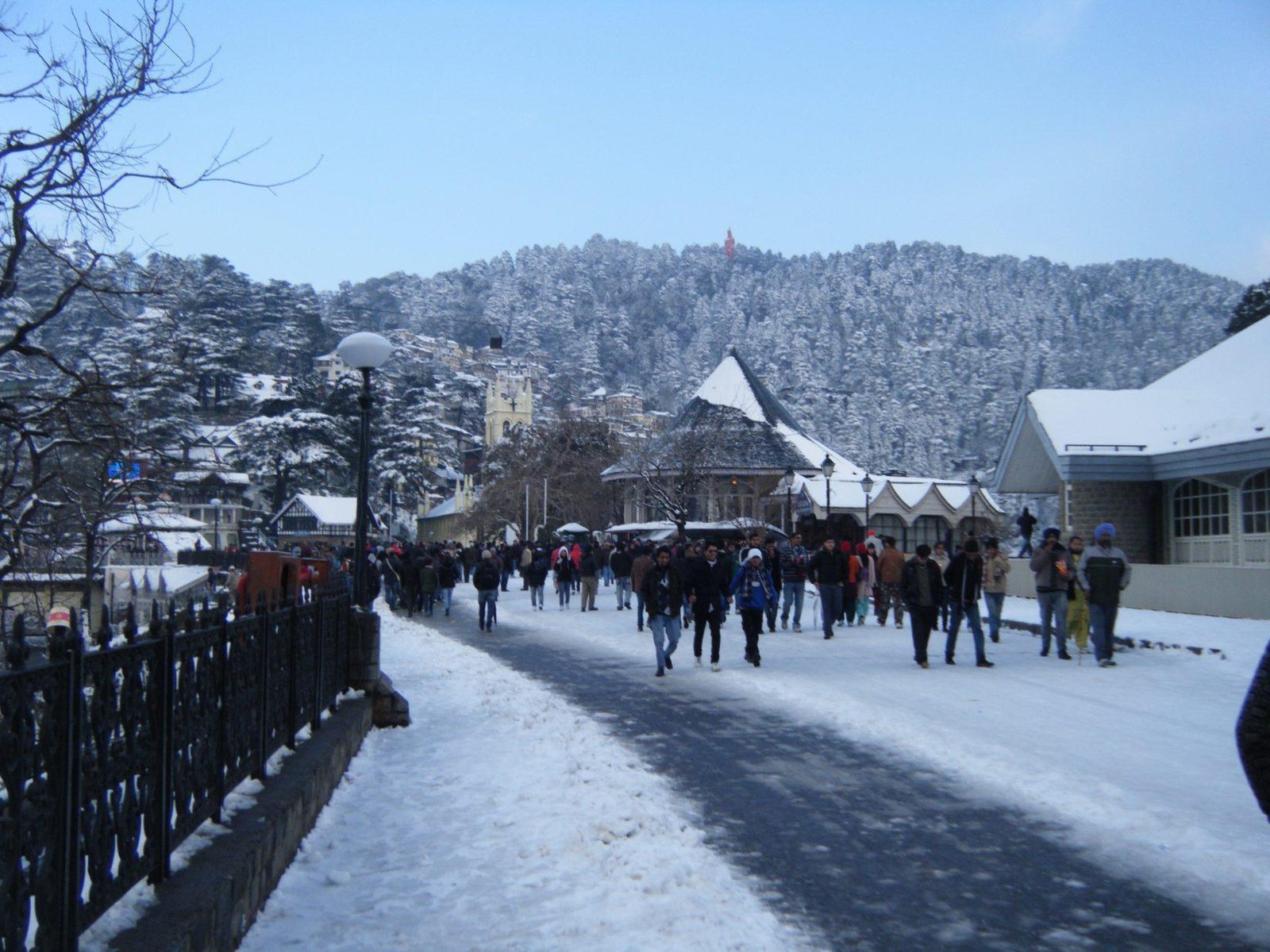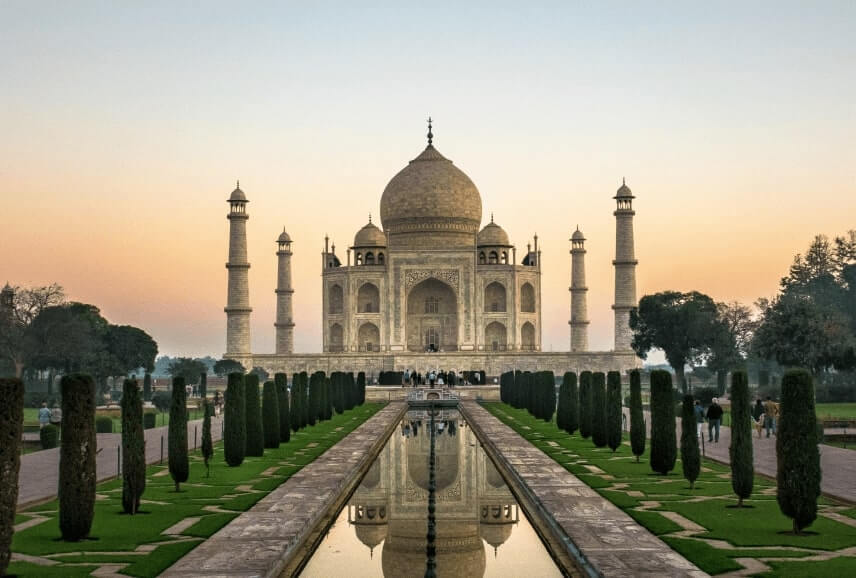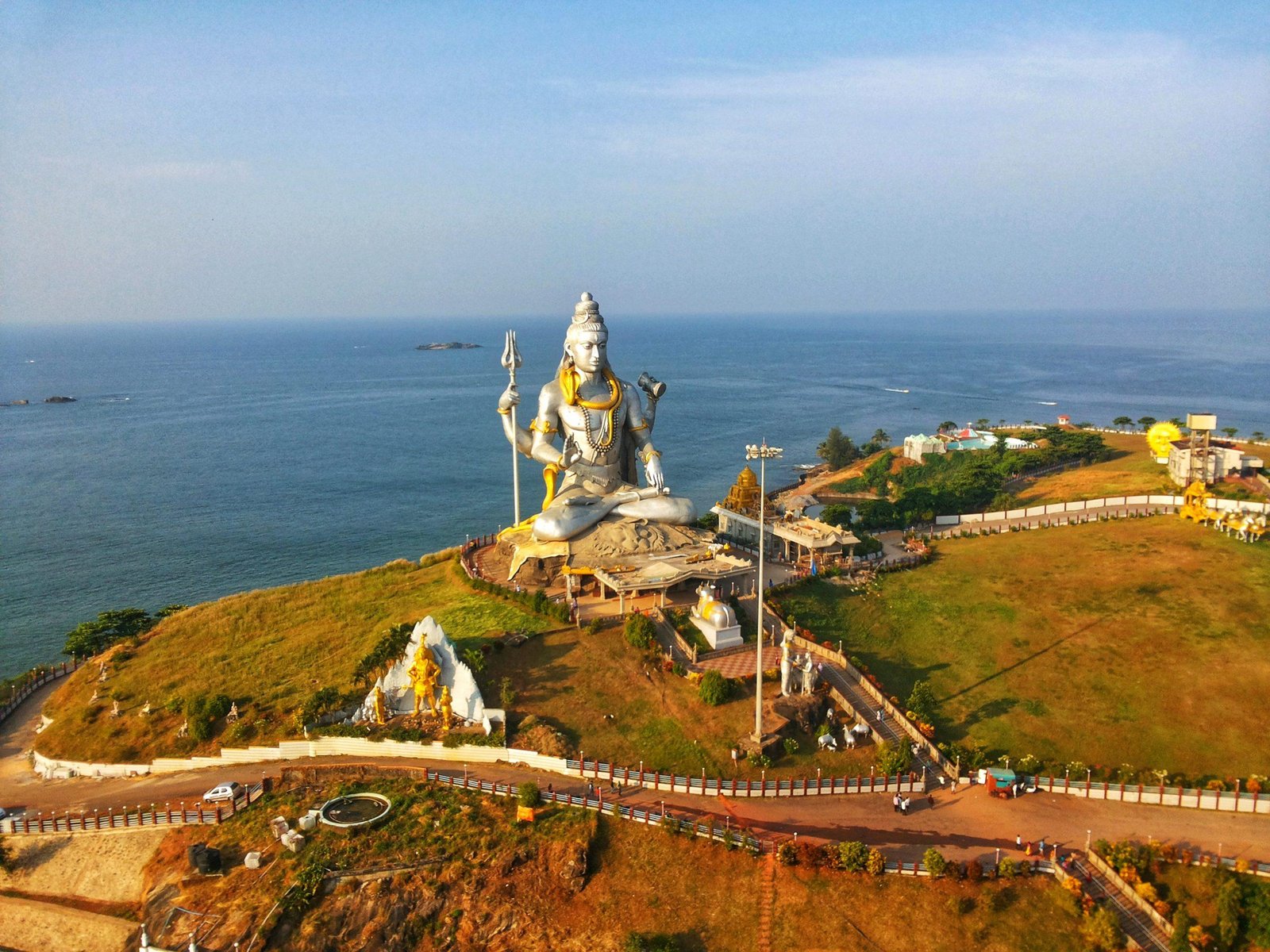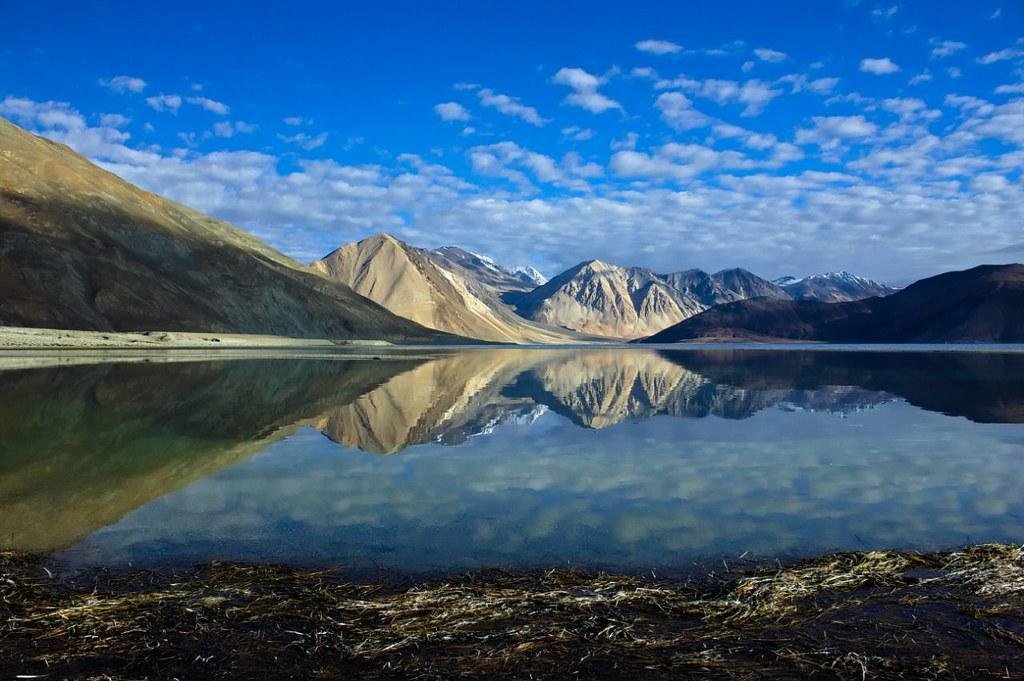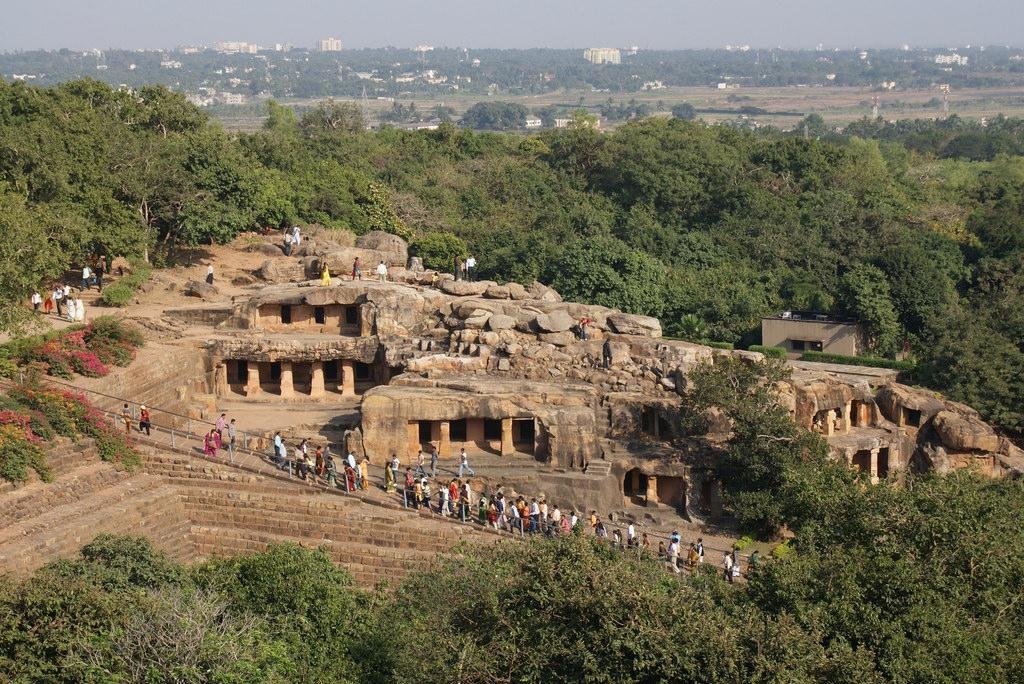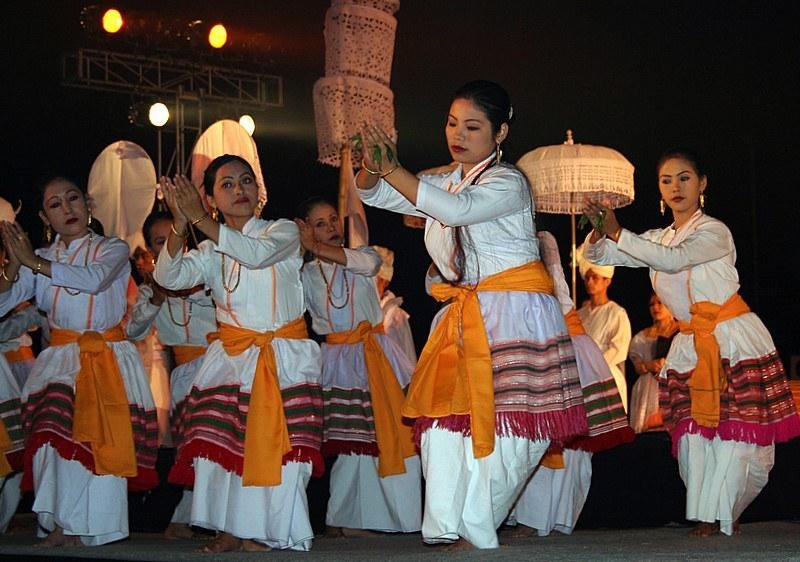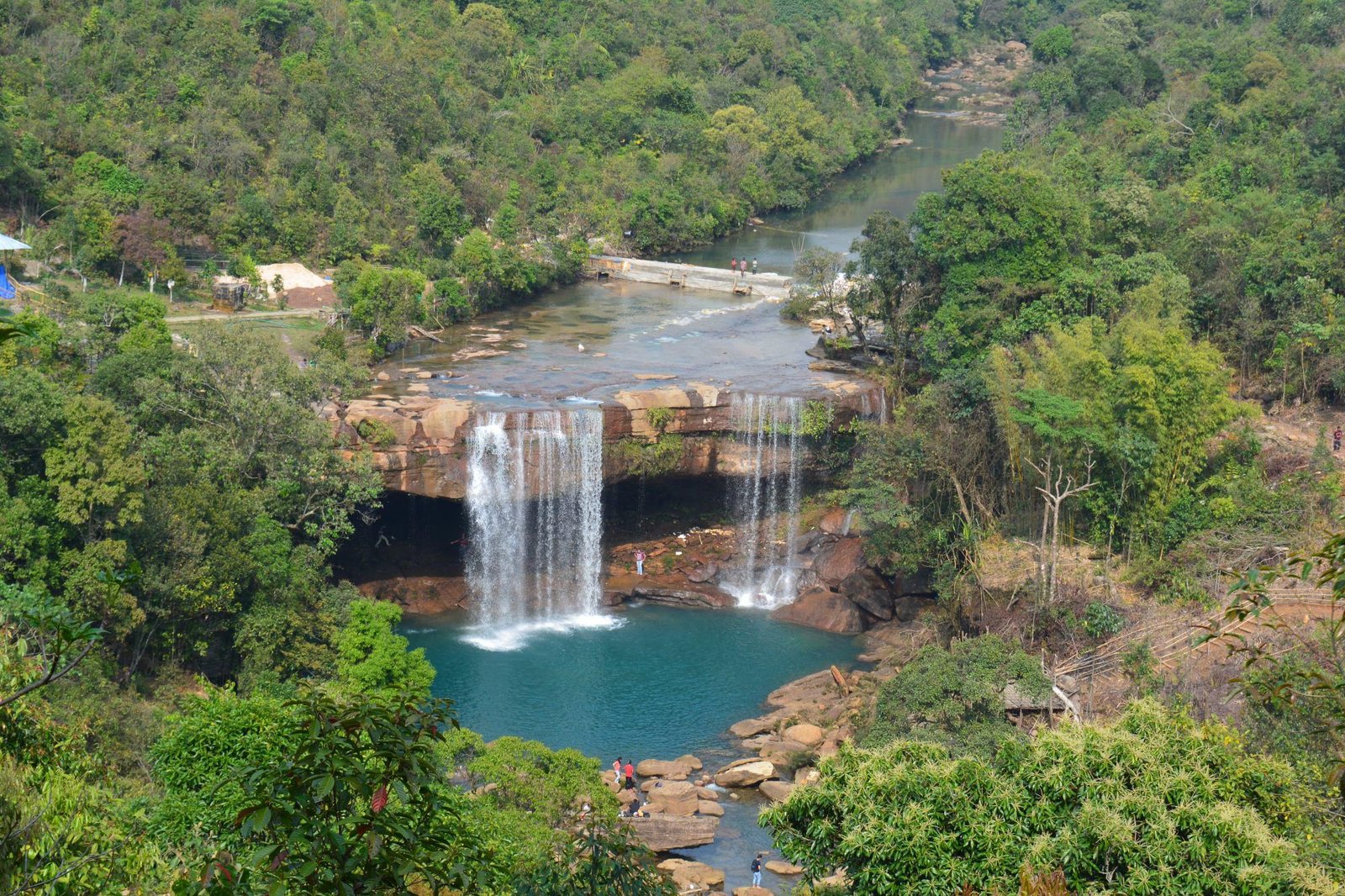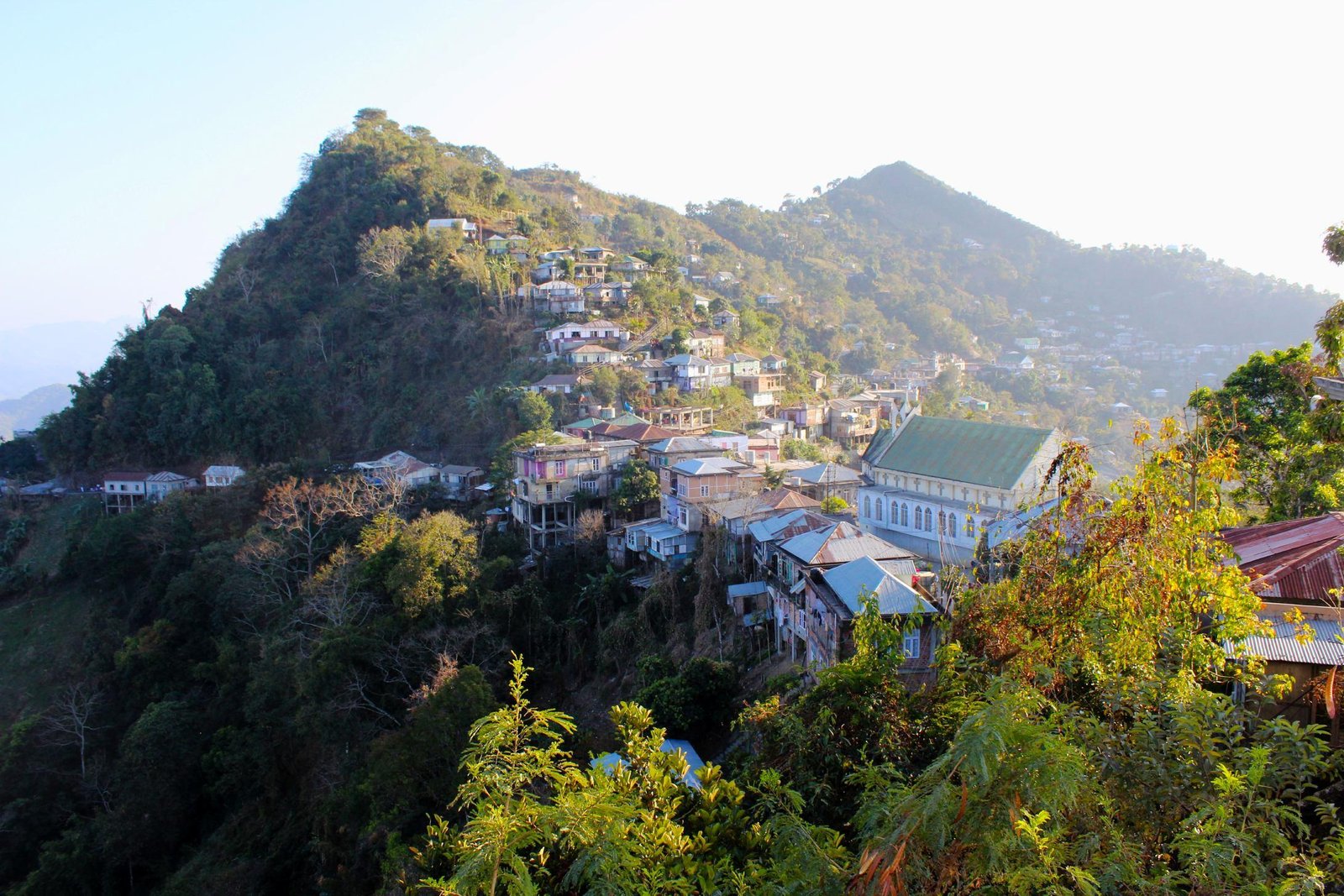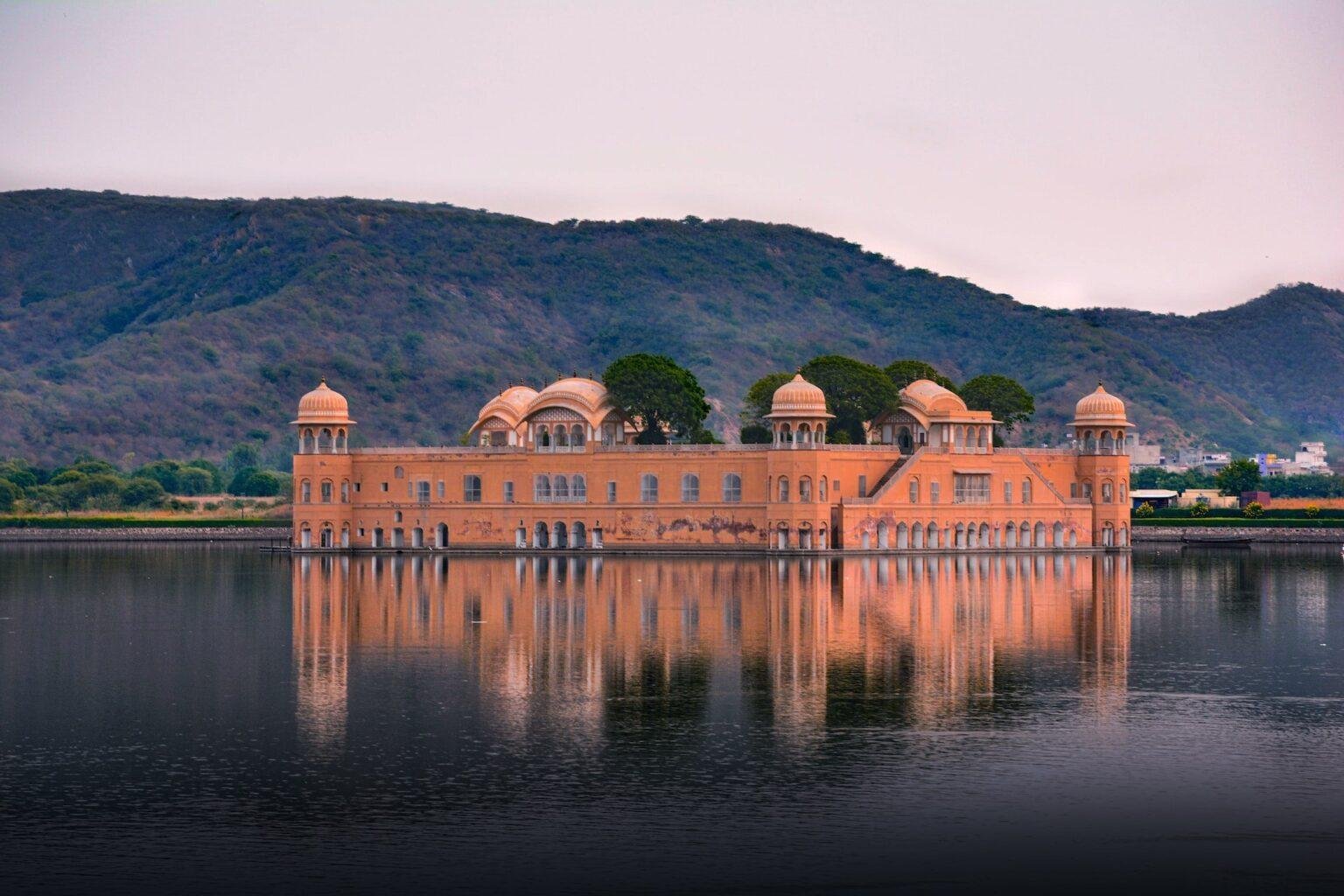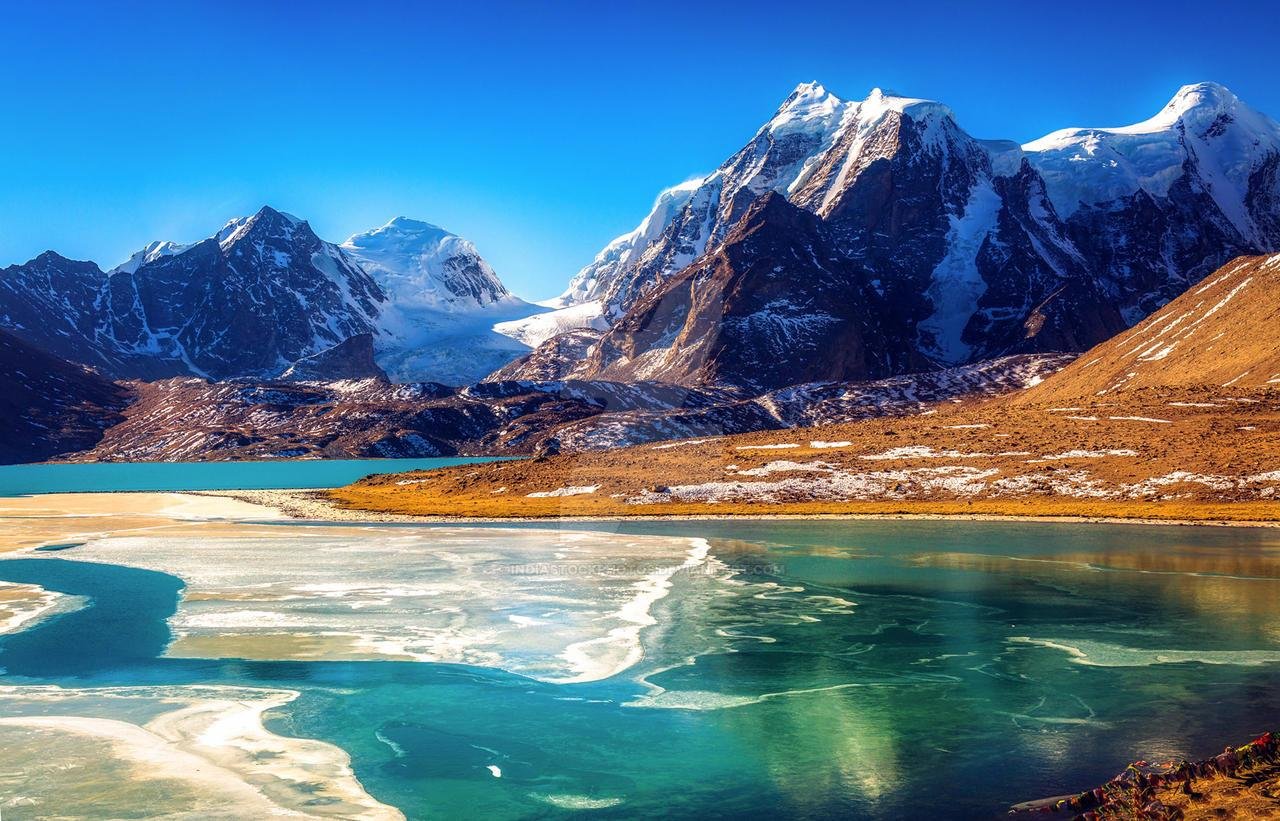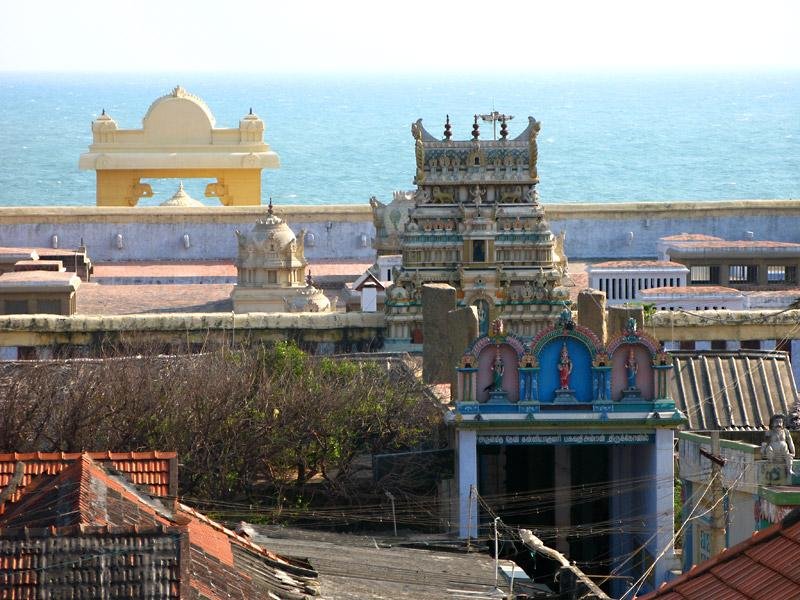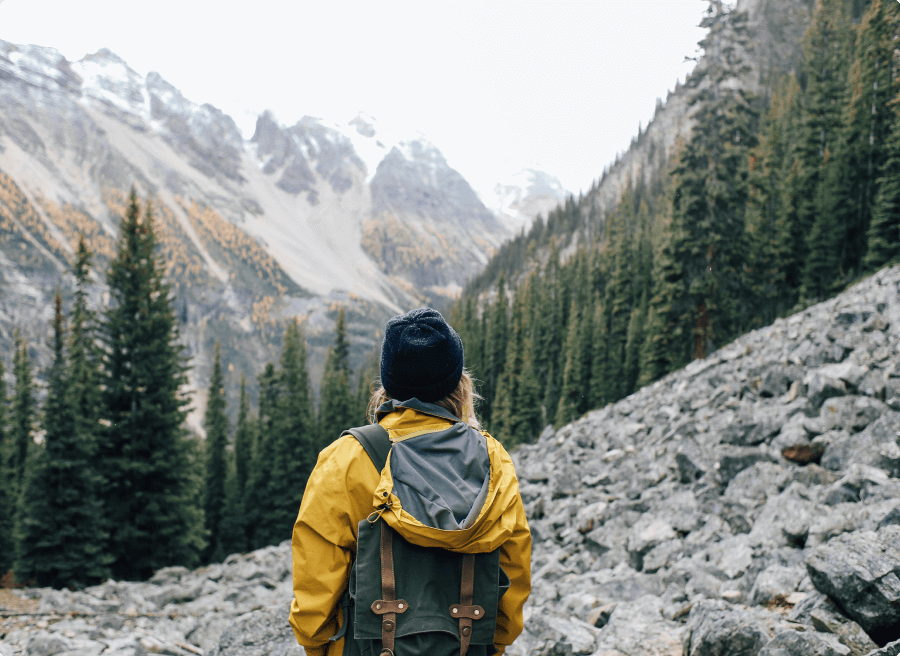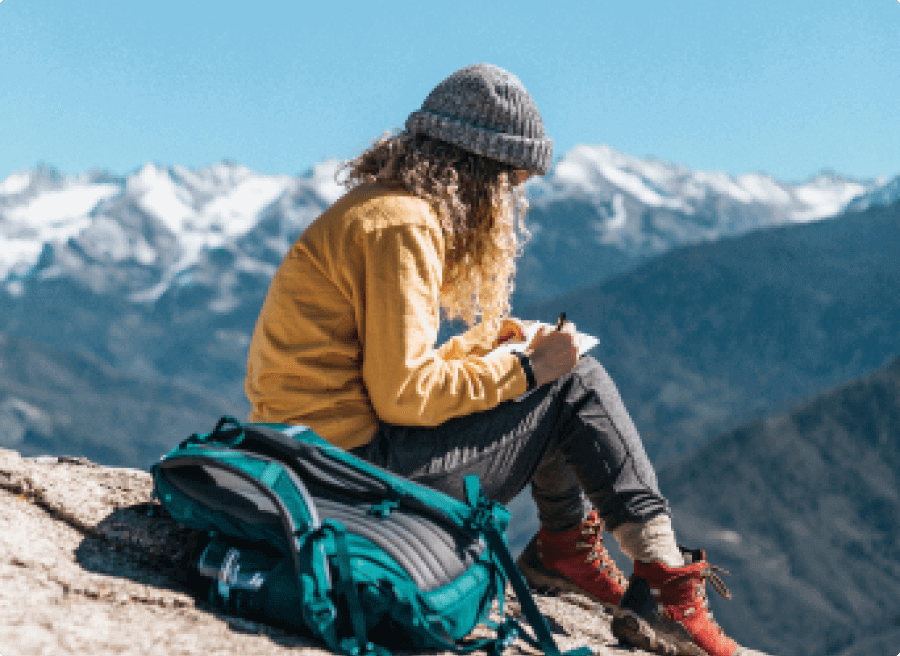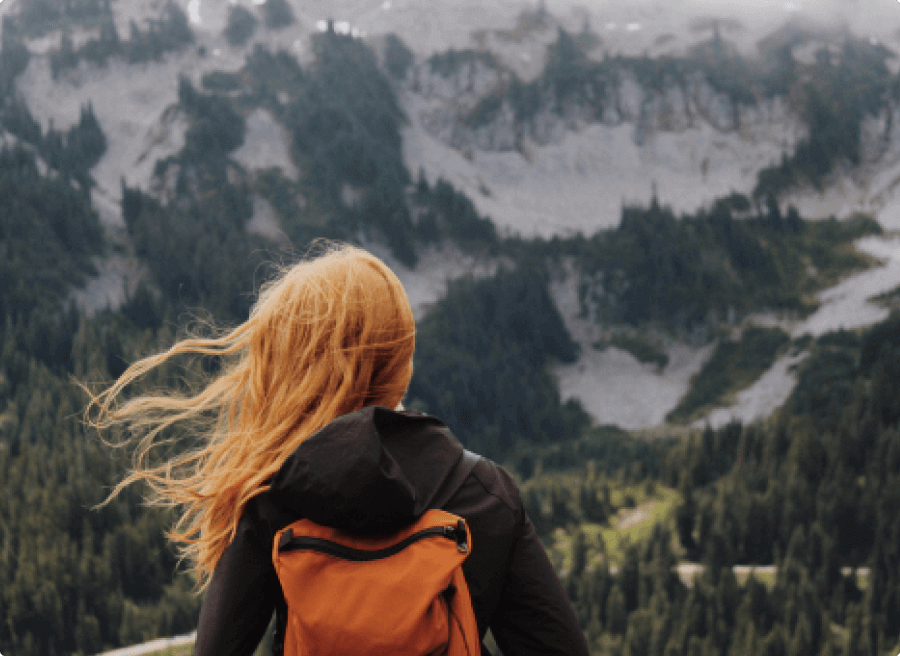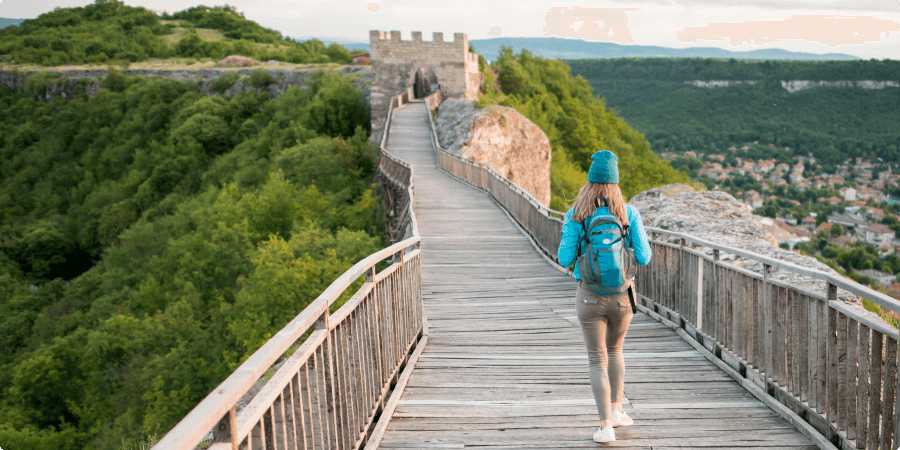Kerala’s backwaters offer a captivating experience through their intricate network of canals, lakes, and lagoons. Tourists can cruise on traditional houseboats, witness village life on canoe boats, or travel on public ferries. However, environmental issues such as invasive water hyacinths and pollution require attention. Preserving the backwaters’ natural beauty and ensuring sustainable practices are crucial for maintaining this enchanting ecosystem.
Tourist Cruises:
Kerala’s backwaters are a major attraction for tourists, offering a unique and enchanting experience. Tourist cruises provide an opportunity to explore the intricate network of canals, lakes, and lagoons that make up the backwater system. These cruises usually take place on traditional houseboats, allowing visitors to relax and enjoy the serene beauty of the surroundings while being pampered with delicious Kerala cuisine and warm hospitality.
Houseboats:
If the stars align, renting a houseboat designed like a kettuvallam (rice barge) could well be one of the highlights of your trip to India. It can be an expensive experience (depending on your budget) but for a couple on a romantic overnight jaunt or split between a group of travelers, it’s usually worth every rupee. Drifting through quiet canals lined with coconut palms, eating delicious Keralan food, meeting local villagers, and sleeping on the water- it’s a world away from the clamor of India.
Houseboats cater for couples (one or two double bedrooms) and groups (up to seven bedrooms!). Food (and an onboard chef to cook it) is generally included in the quoted cost, as is a driver/captain. Houseboats can be chartered through a multitude of private operators in Alleppey, Kollam, and Kottayam. This is the biggest business in Kerala: some operators are unscrupulous. The quality of boats varies widely, from rust buckets to floating palaces – try to check out the boat before agreeing on a price. Travel agency reps will be pushing you to book a boat as soon as you set foot in Kerala, but it’s better to wait till you reach a backwater hub: the choice is greater in Alleppey (an incredible 1000-plus boats and counting), and you’re much more likely to be able to bargain down a price if you turn up and see what’s on offer. Most guesthouses and homestays can also book you on a houseboat.
In the high season you’re likely to get caught in backwater-gridlock-some travelers are disappointed by the number of boats on the water. It’s possible to travel by houseboat between Alleppey and Kollam and all the way to Kochi – the DTPC in Kollam can organise these trips. Expect a boat for two people for 24 hours to cost about 75000 to 8000 at the budget level: for four people, 8000 to to 12,000; for larger boats or for air-conditioning expect to pay from 12,000 to 30,000. Shop around to negotiate a bargain-though this will be harder in the peak season, Prices triple from around 20 December to 5 January.
Village Tours & Canoe Boats:
For a more immersive experience, visitors can opt for village tours and canoe boat rides. These tours take you to the heart of rural Kerala, where you can interact with local communities, witness their traditional way of life, and gain insights into their livelihoods. Canoe boats, smaller and more maneuverable than houseboats, navigate the narrow canals, offering a closer glimpse of village life, paddy fields, and coconut groves.
Public Ferries:
Public ferries provide an affordable means of transportation for locals and tourists alike. These ferries operate along specific routes, connecting various backwater destinations. Traveling on a public ferry allows you to observe daily life along the backwaters, as people go about their routines, while also enjoying the scenic views. It’s an authentic and budget-friendly way to explore the waterways and reach different backwater destinations.
Environmental Issues:
While Kerala’s backwaters are a natural treasure, they also face environmental challenges. One of the major concerns is the proliferation of water hyacinths, an invasive species that can harm the ecosystem by choking water bodies. Efforts are being made to control and manage these plants to maintain the ecological balance of the backwaters.
Another issue is pollution caused by waste disposal and sewage. Authorities are implementing measures to tackle these problems, including the regulation of houseboat waste management practices and the promotion of eco-friendly initiatives. Responsible tourism practices and public awareness campaigns play a vital role in preserving the backwaters and minimizing the impact of human activities.
Efficient water management is also crucial to maintain the backwaters’ health. Initiatives such as rainwater harvesting and the regulation of water releases from dams are being undertaken to ensure a sustainable water supply and prevent flooding or drought situations.
Preserving the backwaters’ natural beauty and protecting their fragile ecosystem is a collective responsibility. Through sustainable practices, awareness, and active conservation efforts, Kerala aims to safeguard this invaluable resource for future generations to enjoy.
